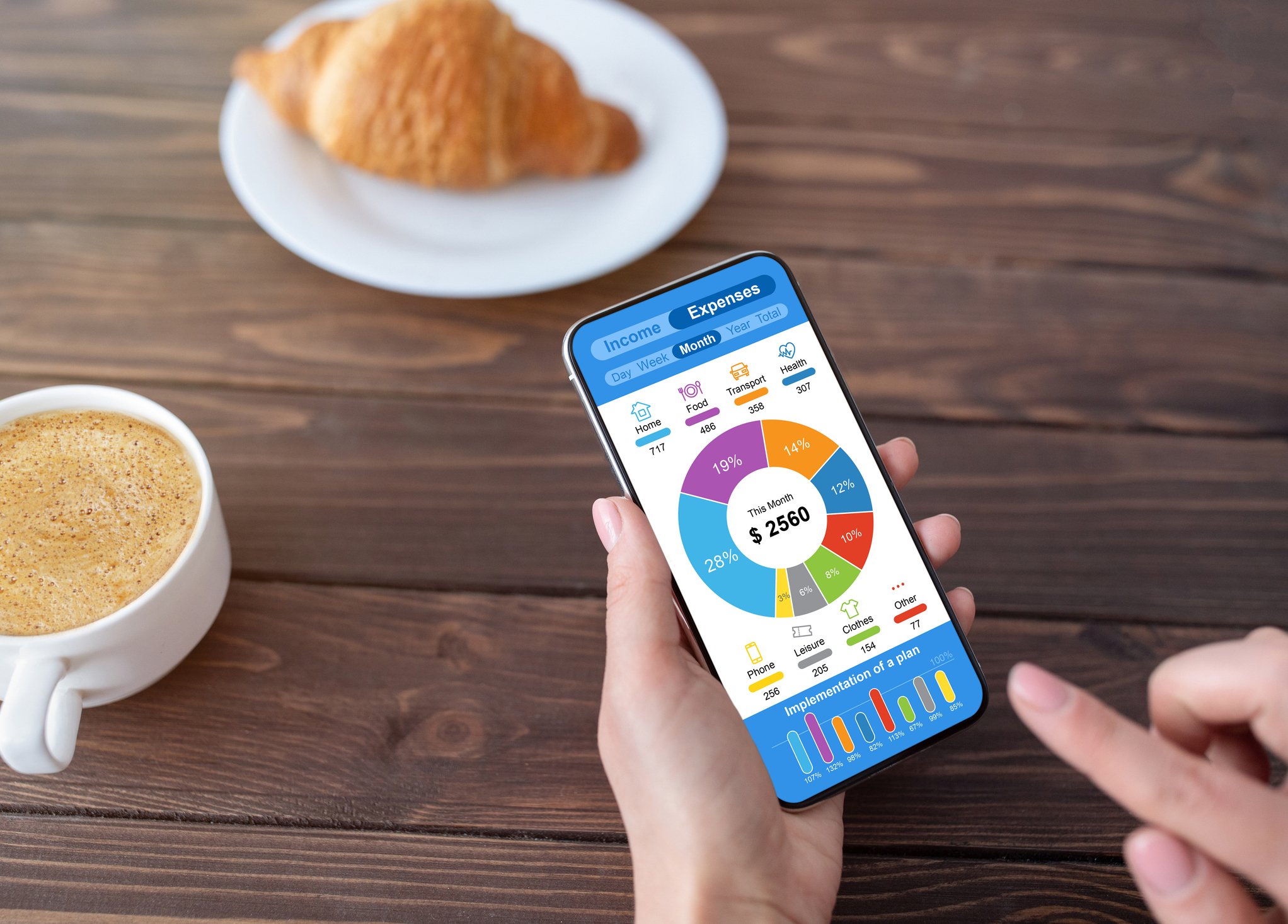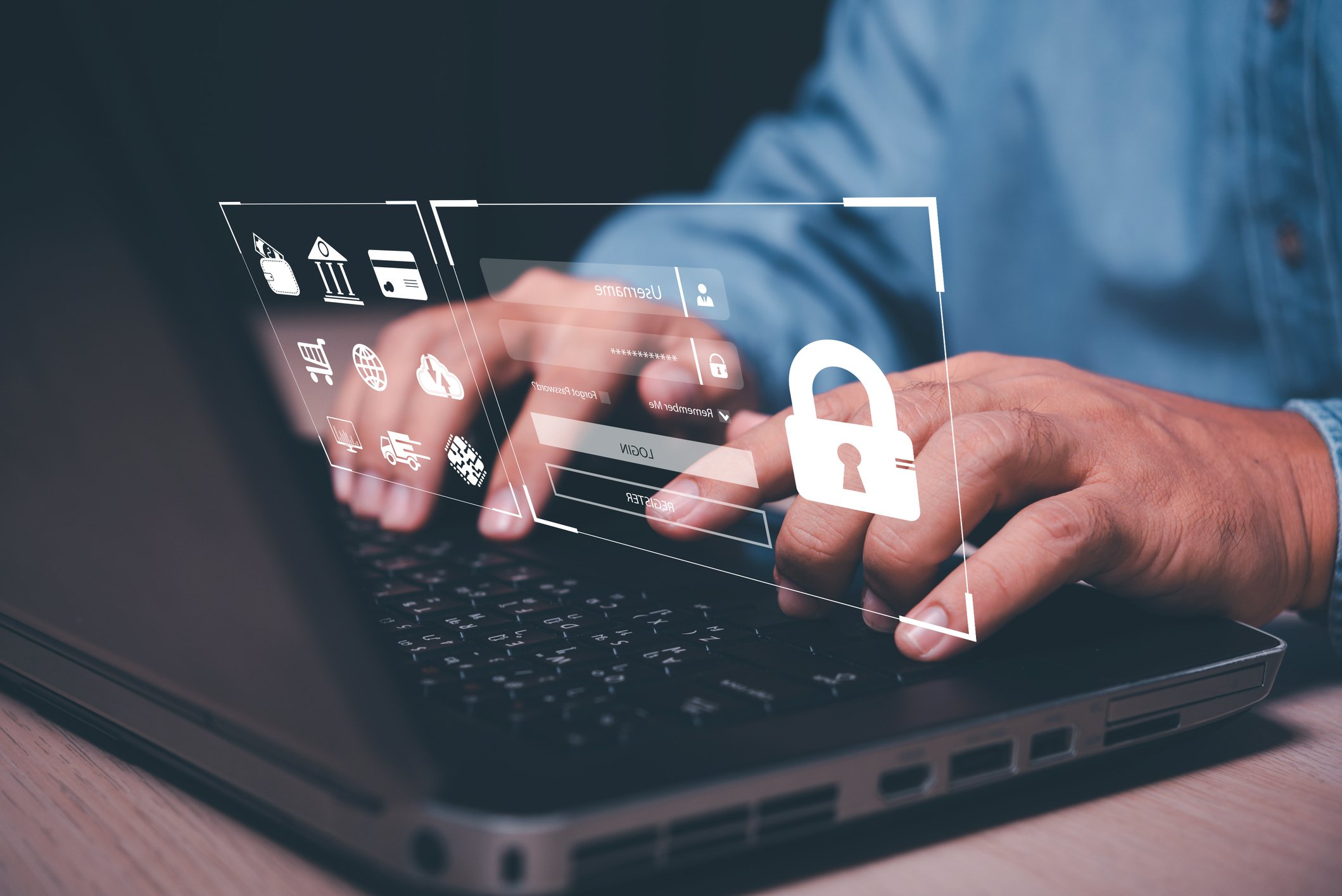The digital world can be a dangerous place. Here’s how to navigate cyberspace more safely and securely.
Brace yourself for a painful statistic: Nearly half of Americans have had their sensitive personal information breached just in the past five years.
Unfortunately, if it hasn’t happened to you yet, there’s a good chance your data will be compromised at some point in the future. But there are steps you can take right now to make it much harder for cybercriminals to break into your life. Information breaches don’t generally result from one single vulnerability. So if you keep your digital house in order, you have a much better chance at staying ahead of would-be thieves. Here are six tips to start making routine today:
Tip 1: Delete, delete, delete. If you don’t need it, don’t keep it. Remember: Every app, every account and every device represents a doorway for a criminal to walk right through. Uninstall apps and cancel accounts you don’t use. Delete files you no longer need and empty your recycle bin. Wipe and securely dispose of electronic media (discs, CDs, hard drives, etc.), and shred hard copies of documents that are no longer relevant to you.
Tip 2: Use all those annoying emails as inspiration. Inspiration to purge, that is. Especially at the holidays, your inbox will fill up with promotional emails from every business that’s ever sold you anything. Before you hit delete on autopilot, take a second to ask yourself if you still have an open account with that company. If so, go online and close it if you haven’t used it in a year. Then, unsubscribe from their mailing list. Another pro tip: Check your spam folder for all those privacy policy updates you never read. Again, ask yourself: Do I still do business with this retailer or vendor? If not, give ’em the digital boot.
Tip 3: Put old passwords out to pasture. First things first: If you’re using one password for multiple accounts, stop what you’re doing and change them all right now. Make them longer and more complex, and make sure they’re unique. Even if that seems obvious to you, you might not know it’s important to get rid of old passwords, too. Cybercriminals are evolving their tactics by the day. That means your defenses need to evolve, as well. And that means the password you used for your AOL dial-up account back in the day needs to go.
Tip 4: Google yourself. Social media has made many positive impacts on our lives. It’s also created a myriad of ways our data is out in the world, both with and without our knowing it. Take some time to Google yourself and see what information about you is easy to find when others look you up. Then, check out the privacy sections of your accounts on sites like Facebook, Twitter, Instagram, TikTok and other apps. Think about removing any information that isn’t required. Hide details like your phone number and birthdate from public view. Turn off location tracking and facial recognition. You can also try the “download my data” feature to see what tech companies know about you.
Tip 5: Eliminate your e-waste. The rub about the latest technology is that it will always be replaced by something newer, better, faster and shinier. That leaves you with a pile of old hardware clogging up your closets and cabinets. The best solution is to look for a local electronics recycler that will securely recycle your items at no cost, keeping them out of a landfill and keeping your data safe. Some recyclers will even give you a certificate of destruction. Visit this site to find an electronics recycling facility in your area.
Tip 6: Beware of malware. Before you download a new app, do your research. Some apps might deliver malware to your device, rolling out the red carpet for hackers and fraudsters. Malware can also be unleashed when you click on a link to a story, often one with a sensational headline. Tread carefully. Only visit sites you know and trust.
Tip 7: Get savvy about recognizing scams and identifying fraud. Cybercriminals are tireless in their pursuit of your information and your money. They’re constantly coming up with new ways to try to trick you, such as:
-
-
- Posing as an online business asking you to pay them via wire transfer or using gift cards.
- Issuing you an unsolicited check for money they say they owe you, but “accidentally overpaying” you and then asking you to pay back the difference via money order, gift card or Zelle. (Helpful hint: That check they sent you won’t clear.)
- Mailing you an unsolicited check with instructions to deposit it using your mobile device. This is a common way thieves collect your account information and access your bank account.
-
Heritage Bank is a community bank devoted to caring for our customers as friends and neighbors. That’s why we provide free resources to help you protect yourself from fraud and scams. If you found this article helpful, take a few moments to read “8 Ways to Protect Your Online Privacy ” and share it with your friends and family.
Heritage Bank. Member FDIC.



